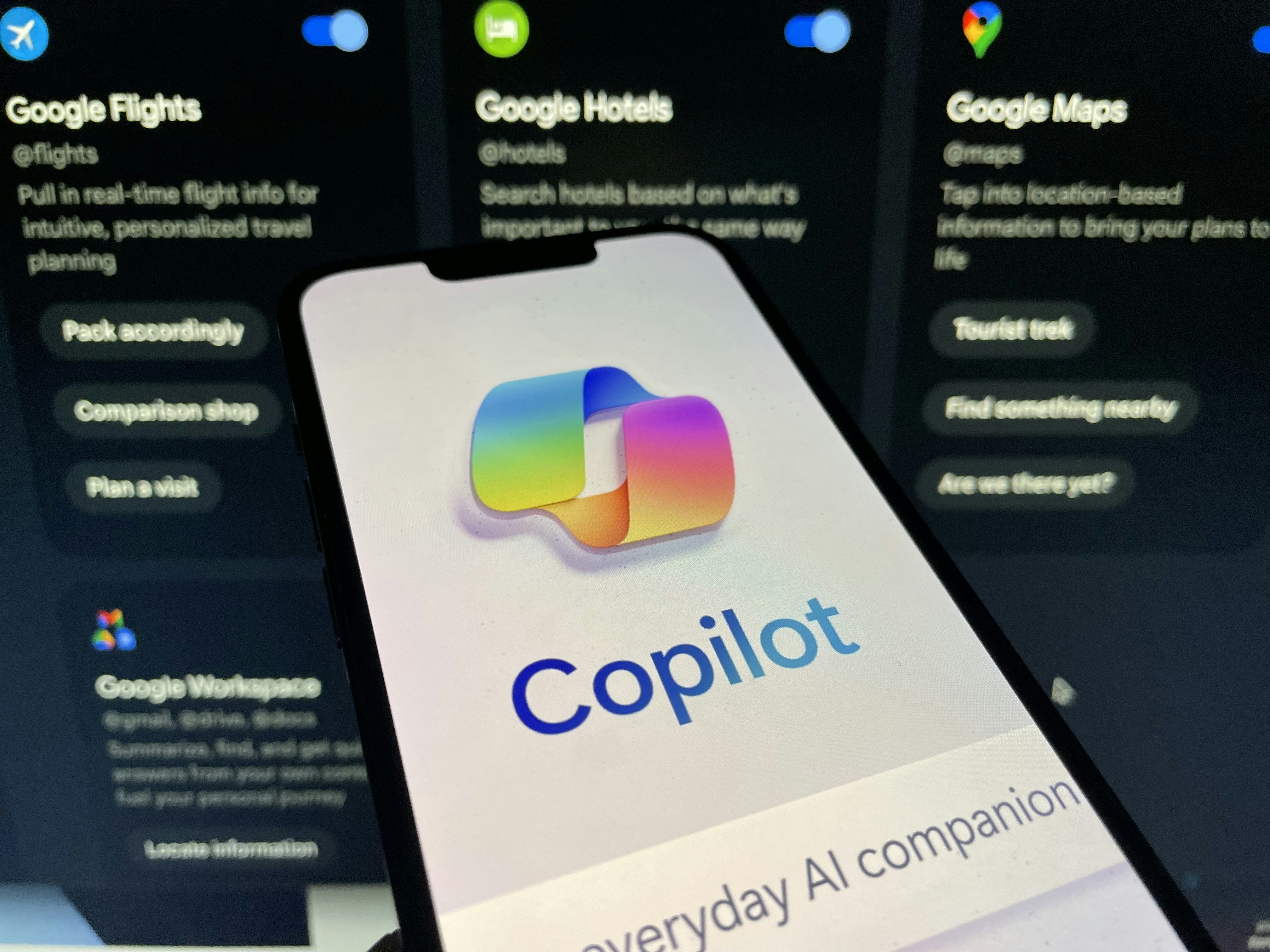Introduction to AI Study Tools
In recent years, artificial intelligence (AI) has made significant strides in various domains, transforming how we approach education and learning. AI study tools have emerged as a key component in enhancing the educational experience, offering innovative solutions to students seeking to improve their understanding of complex subjects and boost their academic performance. These digital resources leverage advanced algorithms and machine learning to personalize learning experiences, cater to individual needs, and adapt to students’ unique learning styles.
The growing importance of AI study tools in education can be attributed to their ability to facilitate personalized learning. Traditional educational methods often struggle to address the diverse needs of students; however, AI tools can analyze a student’s performance in real-time and recommend tailored resources, practice exercises, and study techniques. This level of customization not only promotes student engagement but also fosters a deeper understanding of the material, ultimately leading to improved retention and academic success.
In addition to personalization, AI study tools enhance productivity by streamlining study processes and providing instant feedback. Students can utilize AI-powered applications to gather information quickly, organize their study materials efficiently, and track their progress over time. Such capabilities enable learners to manage their studies effectively, promoting better time management and reducing the stress commonly associated with academic responsibilities.
As we move into 2025, the evolution of AI technologies will continue to shape the landscape of education, rendering traditional study approaches increasingly obsolete. The following sections will explore the top AI study tools available for students, showcasing how each application can contribute to elevated academic performance and overall enjoyment of the learning process. By integrating these tools into their study routine, students can harness the power of AI in transforming their educational outcomes.
Criteria for Selecting the Top AI Study Tools
When evaluating the top AI study tools for 2025, several key criteria must be adhered to in order to ensure that these applications effectively serve the academic needs of students. The first criterion is user-friendliness; a tool that is intuitive and easy to navigate encourages more frequent use and engagement among students. An effective AI study tool should not require extensive training or a steep learning curve, ultimately making it accessible to all users, regardless of their technological proficiency.
The effectiveness of a study tool in improving academic performance is another vital factor. This involves analyzing how well the application helps students grasp difficult concepts, improve grades, or enhance overall learning outcomes. Tools that employ advanced algorithms to personalize learning experiences are often more beneficial, making them stand out in the portfolio of resources available in a tech SaaS blog.
Moreover, unique features that set an AI study tool apart also play a significant role in the selection process. For instance, functionality that incorporates gamification, interactive quizzes, or real-time feedback can enhance user experience and retention. These standout features are critical as they promote active learning, making studying more appealing and effective.
Integration with various educational systems is another essential consideration. The best AI study tools can seamlessly connect with Learning Management Systems (LMS), databases, and other platforms, ensuring that users can easily incorporate these resources into their existing academic frameworks.
Lastly, user feedback is paramount in this evaluative process. Insights from actual users provide a realistic perspective on the functionality and performance of a tool, enabling potential users to make informed choices. Understanding ratings, reviews, and testimonials can highlight potential areas of improvement and affirm the reliability of top picks for achieving higher CPM in academic success.
Top 10 AI Study Tools for 2025
The educational technology landscape is rapidly evolving, and AI study tools are at the forefront of this transformation. In 2025, the following ten AI-driven applications stand out for their innovative features designed to enhance the learning experience and boost student grades.
1. Squirrel AI – This adaptive learning platform tailors content to individual learning styles. It employs machine learning algorithms to analyze student performance, allowing for customized study paths that suit diverse needs.
2. Grammarly – While primarily known for grammar checking, Grammarly’s AI-enhanced functionalities offer personalized writing feedback, making it an essential tool for essay writing and improving overall writing skills, pivotal for academic success.
3. Quizlet – Utilizing AI to create personalized quizzes and flashcards, Quizlet enhances retention by adapting to the pace at which students learn, making it a staple in effective study habits for various subjects.
4. Socratic – A powerful image recognition tool, Socratic utilizes AI to provide step-by-step explanations to complex questions. Students can snap a photo of homework problems, facilitating immediate assistance and deeper understanding.
5. Otter.ai – This transcription service converts spoken audio into text in real-time, helping students capture lecture notes effortlessly. With powerful organization features, it significantly aids in reviewing material for exams.
6. Brainly – This interactive learning platform connects students with peers and experts for collaborative learning. Its AI algorithms match users with the most relevant resources and answers, fostering community engagement.
7. Evernote – Evernote’s enhanced AI functionality helps students organize notes systematically. Its tagging and search features enable quick retrieval of study materials, ensuring efficient revision.
8. Duolingo – Incorporating AI, Duolingo personalizes language learning experiences, catering to various proficiency levels and maintaining user motivation through gamified learning techniques.
9. Notion – This versatile tool integrates various functions, from note-taking to project management. Its AI-powered templates cater to various student needs, streamlining academic tasks.
10. Khan Academy – Offering a wealth of resources, Khan Academy uses AI to recommend content based on student performance, enabling personalized study paths that effectively address academic weaknesses.
Each of these AI study tools offers unique features that cater to different learning styles and needs. By leveraging cutting-edge technologies, they empower students to improve their academic performance in an increasingly competitive environment.
Future of AI in Education
The role of artificial intelligence (AI) in education is advancing rapidly, with significant trends expected to emerge by 2025. As educators and students alike face the demands of a digital learning landscape, AI tools are poised to revolutionize how knowledge is imparted and absorbed. With the increasing integration of AI in educational frameworks, there is tremendous potential for enhancing personalized learning experiences. These advancements can lead to tailored educational content that meets individual student needs, ultimately boosting academic success.
One notable trend is the rise of adaptive learning platforms that utilize machine learning algorithms to analyze student data and tailor instructional materials accordingly. Such tools can identify learning gaps and suggest resources that ensure each student can grasp fundamental concepts before progressing. This level of personalization not only aids student comprehension but also promotes self-paced learning, catering to diverse learning styles. As a result, students can engage more effectively, potentially leading to higher performance metrics across various subjects.
Additionally, AI-driven educational applications will foster collaboration between students and educators, enabling a more interactive learning environment. Technologies such as chatbots and virtual tutoring assistants will provide academic support on-demand, allowing students to seek clarification or guidance whenever necessary. As these features become commonplace within educational institutions, the role of educators may evolve, shifting from traditional lecturing to acting more as facilitators of learning.
Moreover, the increasing reliance on tech SaaS blog platforms signifies a trend toward utilizing cloud-based tools that enhance accessibility and resource sharing. As institutions embrace these innovations, it is crucial for both students and educators to adapt their study habits accordingly. By leveraging AI technologies in the pursuit of academic excellence, students can not only prepare for examinations but also enhance their overall learning journey. This transformative era in education emphasizes the importance of embracing AI tools to realize the full potential of academic achievements.



